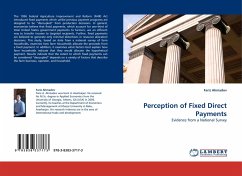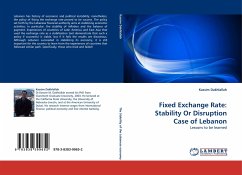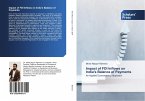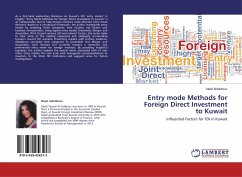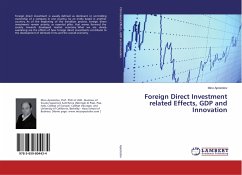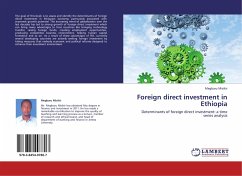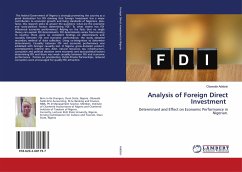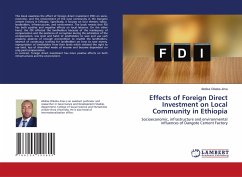The 1996 Federal Agriculture Improvement and Reform (FAIR) Act introduced fixed payments which unlike previous payment programs are designed to be decoupled from production decisions. In general, economists believe that fixed payments, which account for one-third of total United States government payments to farmers, are an efficient way to transfer income to targeted recipients. Further, fixed payments are believed to generate only minimal distortions in resource allocation decisions. This study, based on data from a national survey of farm households, examines how farm households allocate the proceeds from a fixed payment. In addition, it examines what factors best explain how farm households indicate that they would allocate the hypothetical payment. Results indicate that the extent to which fixed payments can be considered decoupled depends on a variety of factors that describe the farm business, operator, and household.
Bitte wählen Sie Ihr Anliegen aus.
Rechnungen
Retourenschein anfordern
Bestellstatus
Storno

